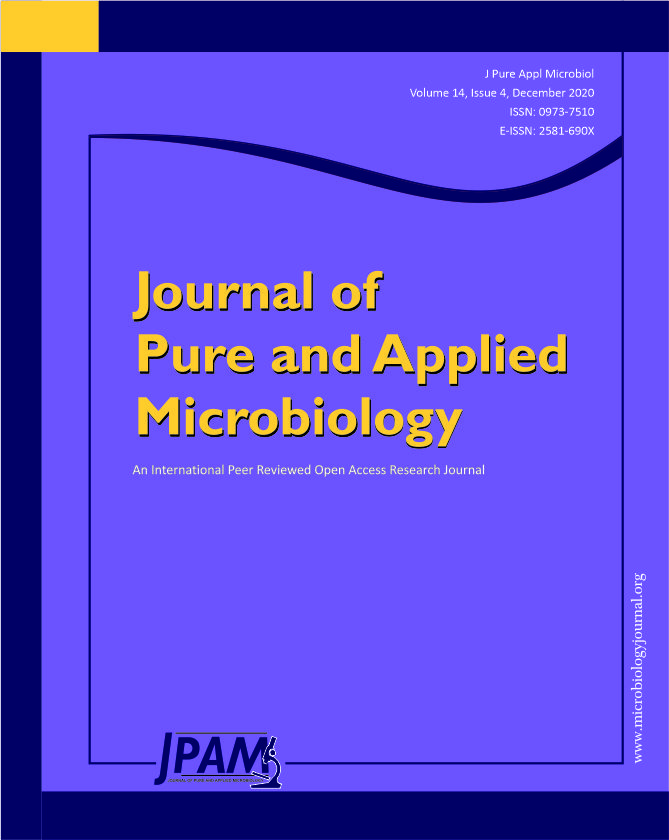Phytopathogenic diseases are a major concern in modern agriculture, and for decades, pesticides have been used to prevent potential damage. Bacillus megaterium is proposed as a biological controlling agent, and gene expression of the lipopeptide genes FEND and ITUDI was assessed using RT-qPCR. Inhibition effects of B. megaterium on Alternaria sp. and Botrytis sp. were examined over a period of nine days, which confirmed the potential use of this bacterium to counteract these two pathogens. In addition, expression of FEND and ITUDI genes was assessed over nine days in the aforementioned dual cultures and inhibition tests. FEND expression in B. megaterium increased 20.16-fold in response to Alternaria sp., and ITUDI expression increased 3.20-fold in response to Botrytis sp. on day five of incubation. These results were corroborated by gene expression data obtained from B. megaterium during fermentation, where FEND and ITUDI gene expression increased 95.14- and 18.70-fold, respectively. In conclusion, B. megaterium can increase lipopeptide synthesis when exposed to these particular phytopathogens and can significantly increase the respective expression during fermentation.
Gene expression, Antagonism, Antimicrobial genes, Plant pathogens
© The Author(s) 2020. Open Access. This article is distributed under the terms of the Creative Commons Attribution 4.0 International License which permits unrestricted use, sharing, distribution, and reproduction in any medium, provided you give appropriate credit to the original author(s) and the source, provide a link to the Creative Commons license, and indicate if changes were made.


